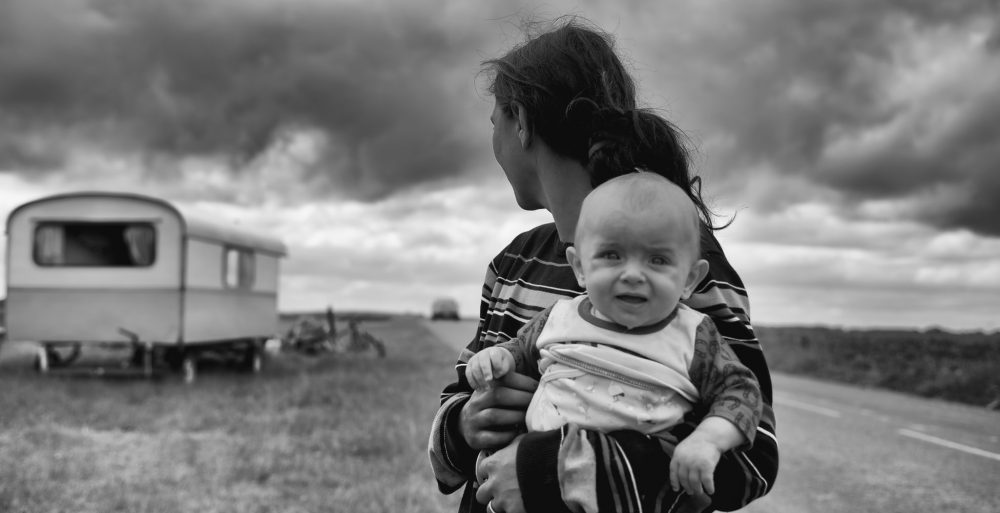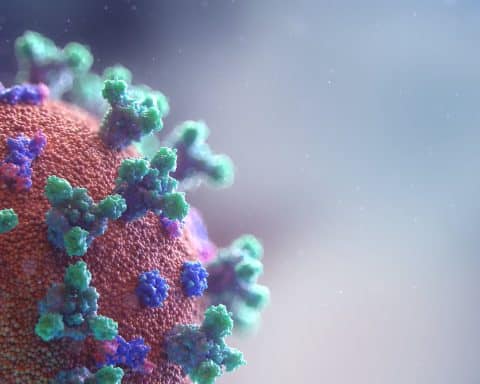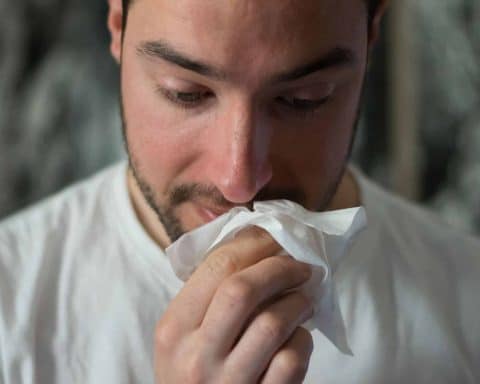
James Daniels is an F2 Doctor who studied at Exeter and is interested in a future career in anaesthetics.
The travelling community has historically struggled to achieve equal access to healthcare. They have a higher prevalence of disease, lower literacy rates, poor health education and are burdened with significant rates of poverty. This has been a long-standing challenge in primary care, which has been exacerbated by the covid-19 pandemic.
There is a lack of research and discussion within the medical profession, addressing this ethnic minority. The recent pandemic, has highlighted disparities between different ethnic communities and their health outcomes. However, the travelling community have largely been neglected from the conversation.
The pandemic has driven a review into primary care practices. There has been a greater emphasis on telecommunications, and platforms such as accu-Rx in order to consult. Whilst telephone consultations have not proved entirely unpopular, the use of alternative forms of communication can disproportionately disadvantage travellers.
Telephone consultations … can disproportionately disadvantage travellers.
Poor literacy rates impact on the dissemination of advice and guidance and limit patient feedback, which deprives travellers of a say in how their care is best managed. The Scottish government highlighted digital exclusion as a significant barrier to travellers accessing clinicians.2 In our experience, it can limit effective triage, diagnostics and referral. As a cohort of patients, among whom engagement can be difficult, the institution of telephone consultations has added another layer of complexity in accessing healthcare. To mitigate this, we would encourage those working in general practice to endeavour to see travellers in person where possible. This will become easier as the pandemic eases.
With the lifting of lockdown there is a risk that this community will be vulnerable and become potential hotspots of infection. Low vaccination rates may be complicated by cramped living conditions, shared utilities and isolation. As a population, travellers are more reliant on spreading information by word of mouth rather than accessing online news and thus may be less able to keep up with the fast-paced changes in government guidance. They may lack awareness of testing facilities. From our experience, this emphasises the importance of fostering good and trusting relationships with community leaders and running outreach programmes.
It is also important to acknowledge how our own prejudices may affect our relationships with the travelling community. Some general practices refuse access to travellers because there is a belief that the community have a tendency to miss appointments. This blame culture neglects to consider that a lack of a fixed address, poor literacy skills and a semi-nomadic existence may play a role.3 Unflattering depictions in the media and in popular culture create negative perceptions amongst healthcare staff and perpetuate a sense of injustice amongst the travellers.
Lack of trust can be a regular theme and may contribute to a pattern of late presentation of disease, which we have witnessed in primary care. In one instance symptoms, suggestive of cauda equina had gone unreported for several months, requiring urgent advice to attend A&E.
This emphasises the importance of fostering good and trusting relationships with community leaders.
Abuse can be compounded by traditional and religious views on marriage and sexuality. Mistrust of governmental organisations such as the social services and the police mean that many crimes go unreported.
We have highlighted some of the difficulties that travellers have in accessing healthcare and some of the common health issues that affect them. For rural and urban practices, they are an important minority, who many doctors may not have encountered before. Disadvantages in schooling and health understanding can be mitigated by clear verbal communication, fostering relationships with community leaders and ensuring regular contact with face to face appointments where possible.
References
1. The office for National Statistics. Corona virus and vaccination rates in people aged 70 years and over by sociodemographic characteristic, England – 8th December 2020 to 11th March 2021.
3. BMJ, Archives of Disease in Children. Health care needs of travellers. 2000. Arch Dis Child 2000;82:32–37
4. Office for National Statistics. Domestic abuse during the coronavirus pandemic, England and Wales: November 2020. Nov 2020.
5. Roberts, A. Adkins, J. Lewis, H. & Wilkinson, C, 2007 Paper given at Community Practitioners and Health Visitors’ Association (CPHVA) Annual Conference. Coronary Heart Disease and Mental Health in Gypsies and Travellers in Wrexham: Redressing the balance. Torquay, 31 October – 2 November 2007.
Featured photo by Johann Walter Bantz on Unsplash








